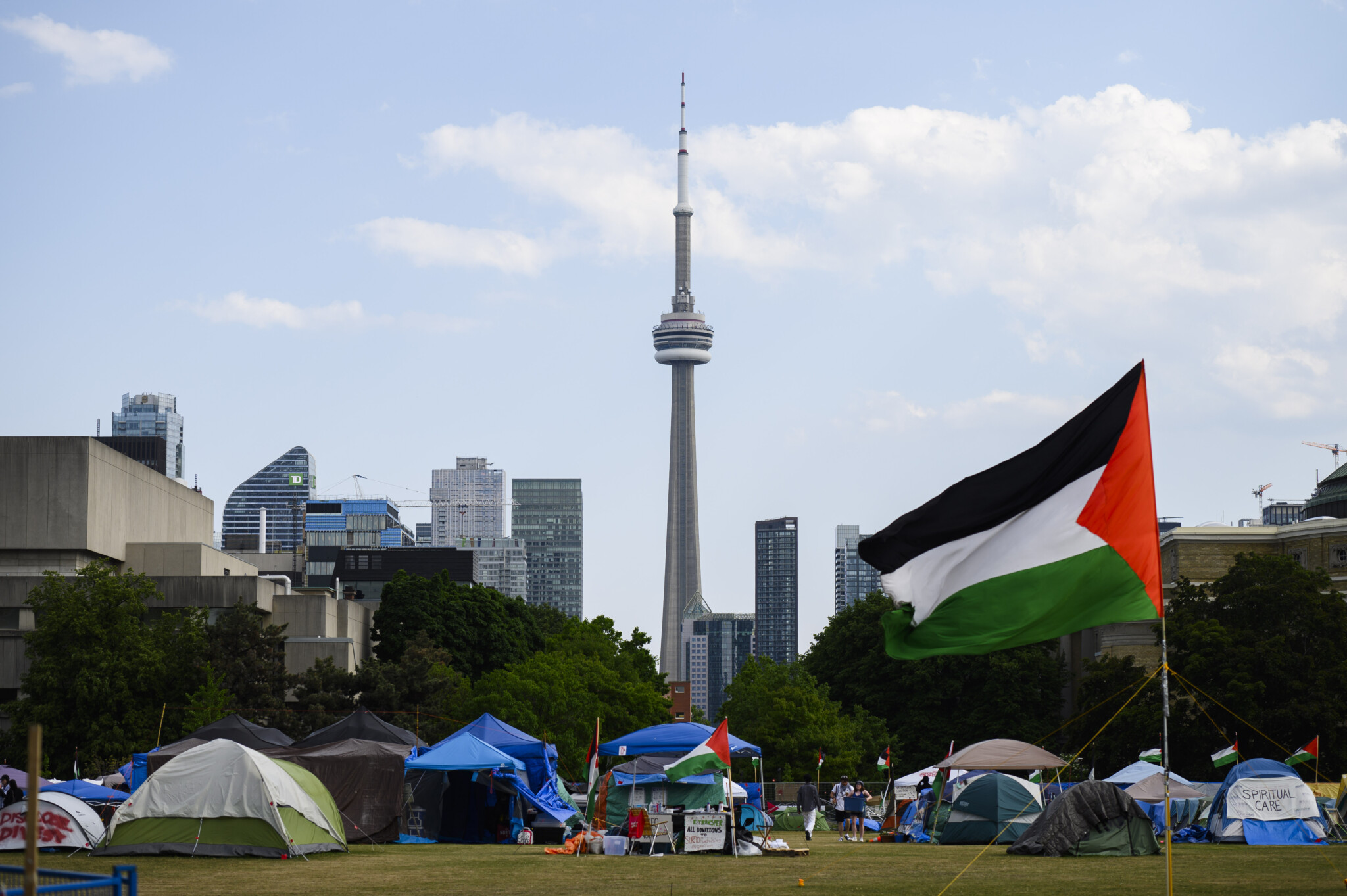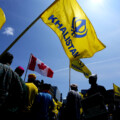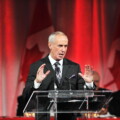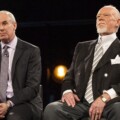On June 20, a Windsor Law professor observing the hearing in the University of Toronto’s (UofT) injunction motion against Occupy UofT for Palestine tweeted: “The hearing today was [fire emoji]. Counsel played Rafaat’s poem in COURT. Palestinian advocacy is showing that lawyering is not just about arguing about technocratic technicalities & liberal ethics but can be subversive by centring the community’s radical justice discourse.”
It turns out that poetry readings in court, while cathartic, aren’t a particularly winning strategy for advocacy. After nearly two months of attempted negotiations, hand-wringing, and détente, Justice Koehnen of the Ontario Superior Court has granted UofT an injunction against Occupy UofT for Palestine, and the pro-Palestine encampment must dismantle or face consequences.
Justice Koehnen did not find that UofT had persuasively proven the worst of its insinuations against the encampment: he did not find there was evidence that the encampment was violent or antisemitic. There are reasons, though, to be skeptical of the judge’s conclusion. Guidelines posted at the entry to the encampment dictated that “All messaging should be pro-the right to resist,” which presumably encompasses the view that the October 7 pogroms were justified resistance.
The encampment was also widely decorated with inverted red triangles, evoking target symbols from the Al-Qassam Brigades’ radar footage indicating a human target about to be killed, as well as signs exhorting Zionists to go back to Poland. The protestors posted an image of UofT’s Jewish president depicted with contorted, bloody hands, evoking blood libel tropes. None of these examples rely on hearsay evidence to prove. Justice Koehnen waved these disturbing incidents away by calling the protestors “young idealists,” but I’m not sure their arrogance and ignorance ought to be countenanced.
Conversely, the judge found that speech directly outside the perimeter of the encampment, and clearly connected to its spectacle, “no doubt” rose to the level of hate speech. A small sampling of comments accepted into evidence included “[w]e need another holocost [sic]” written in chalk on sidewalks, “Death to the Jews, Hamas for Prime Minister,” “Itbach El Yahod” (”slaughter the Jews”), and “You dirty f*cking Jew. Go back to Europe.” Even if none of these statements were attributable to encampment residents, as the judge found, it’s clear the encampment had become a moral hazard and the university properly had a reasonable basis to act to curtail it.
Ultimately, though, it was not the abhorrent speech that formed the basis for the decision. Justice Koehnen decided to grant UofT an injunction on the basis of property rights and under the ordinary statutory power of the Trespass to Property Act. Protestors, without lawful excuse or permission, appropriated the university’s front campus and prevented others from accessing it, whether for their own expressive purposes or simply to enjoy the beautiful enclosed green space surrounded by the majestic stones of Convocation Hall, Knox College, and University College in the centre of downtown Toronto that is King’s College Circle.
Evidence showed that the protestors had implemented a gate marshal system whereby encampment representatives screened would-be visitors, asking them where they were from and how they heard about the encampment. This policy was allegedly to reduce the risk of altercations by screening out visitors who were judged to be adversarial, but UofT argued, and Justice Koehnen agreed, that this begged the question of why UofT could not enforce its own standards and rules to prevent violence on its own campus if a group of interlopers could. Indeed, permitting protestors to seize the front campus by some sort of adverse possession would set a precedent for allowing what Justice Koehnen called a “brutal free-for-all” where no principle could prevent a stronger group from coming and deciding to seize the area for themselves.
The protesters argued that the considerations under the Trespass Act did not apply where the property in question was public property or where there were free expression issues. The judge rejected both claims: UofT was the legal title holder of King’s College Circle, and no legal precedent could establish a claim where a court allowed someone to appropriate either public or private property for extended periods of time in order to exercise the rights of expression.
The legal test for granting an injunction requires the judge to determine the “balance of convenience,” comparing the harm likely to be suffered by the university with that of the protestors. In this case, since an order requiring the protestors to leave between 11 p.m. and 7 a.m. and refrain from camping would still permit them to freely protest on campus, the judge found the balance of convenience favoured the university even if the Charter right to freedom of expression and freedom of assembly were to apply.
But does the Charter apply? The Supreme Court has said that the mere fact that an institution performs a “public function” will not be sufficient to bring it within the scope of “government” and thus Charter applicability. The Court found in its 1990 decision McKinney v Guelph that universities—at least in Ontario—are not state actors, since they are legally autonomous, each with its own governing body and managing its own affairs. The key to whether the Charter applies to a given institution is whether the government exercises effective control over that institution or a particular policy it is implementing.
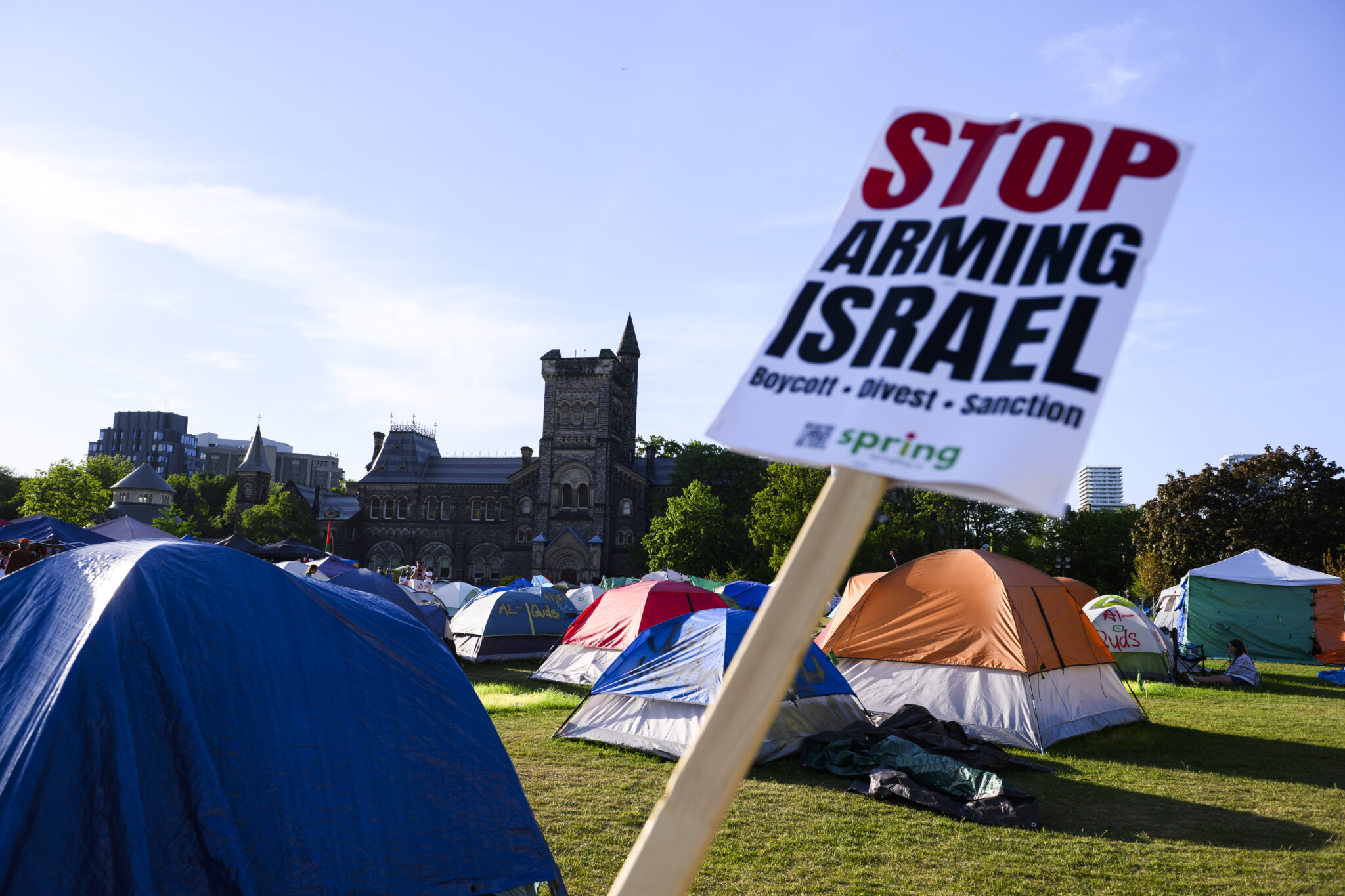
A pro-Palestinian encampment set up at the University of Toronto campus, in Toronto on Friday, May 24, 2024. Christopher Katsarov/The Canadian Press.
In the current cycle of the culture wars, many progressives are clamouring for the Charter to apply to universities to cloak the pro-Palestine encampments in the rights to peaceful assembly and free speech, over and above whatever property rights or other functions of university space the institution might claim. Lawyers for the encampment called the university quad a “quintessentially public space.”
Ironically, it was just a few years ago at the zenith of “peak woke” that it was conservatives and free-speech fundamentalists arguing for free-speech protections to extend to universities to fight back against disinvitations and predatory investigations. Treating universities as government institutions raises concerns about academic freedom, but freedom of expression and assembly are important values that ought to be upheld on campus regardless of whether the Charter applies.
Justice Koehnen found that although he considered the competing interests of the parties taking into account “Charter values,” a notoriously woolly term, the Charter itself did not apply to the university. In the alternative, if he was wrong and the Charter did apply, the university’s request for an injunction constituted a reasonable limit on the protestors’ rights, particularly because the protestors were still permitted to gather and protest on campus freely, with the caveat of not protesting between 11 p.m. and 7 a.m. and not occupying campus. And in any event, a Charter claim could not surpass a strong prima facie case of trespass.
Indeed, the encampment had the effect of undermining the free speech rights of everyone besides its residents. Justice Koehnen noted that the university “is not preventing the protestors from expressing their views on campus; it is preventing the protestors from silencing other voices on Front Campus.”
UofT claimed, and Justice Koehnen agreed, that the encampment was preventing not just counter-protestors but ordinary members of the community from accessing Front Campus simply to eat breakfast in its green space (breakfast, because the encampment only allowed screened visitors after 11 am). The protestors and their lawyers took great offence at the transposition of merely eating breakfast with the imperative of ending the war in Gaza.
Indeed, the encampment’s righteous indignation hung like a spectre over the entire hearing, as though their cause and moral clarity should allow them to supersede property rights, reasonable limits on expression, the interests of others in the university community, and even the need for their fellow students to get some sleep.
But the war in Gaza is unlikely to end due to divestment policies of a Canadian university. And in any event, liberal democracy emphatically does not allow one person’s moral claim to extend so far as to override the rule of law or legitimate needs of others. As the judge wrote, paraphrasing John Stuart Mill: “People who want to eat breakfast can eat breakfast. People who want to protest can protest [..] as much liberty as possible so long as one person’s liberty does not unreasonably infringe on the liberty of others.”
What’s next? Justice Koehnen gave Occupy a deadline of 6 p.m. Wednesday to dismantle the encampment or face sanctions including prosecution for trespass, contempt of court, and university disciplinary sanctions. It seems like they have, so far, complied. UofT Occupy for Palestine characterized this on X as granting the university administration “the immoral license to unleash police violence against its own community.”
One hopes they proceed with caution, but the Toronto Police Service, who previously claimed they would not take physical enforcement measurements without a court order, has announced they will enforce the court’s order. The administrations of other universities including Western and Waterloo, managing their own encampments, are surely carefully reviewing the decision and assessing their next steps accordingly. The strategy of effectively holding universities ransom has definitively and rightly failed so it’s time for protestors to move on.
